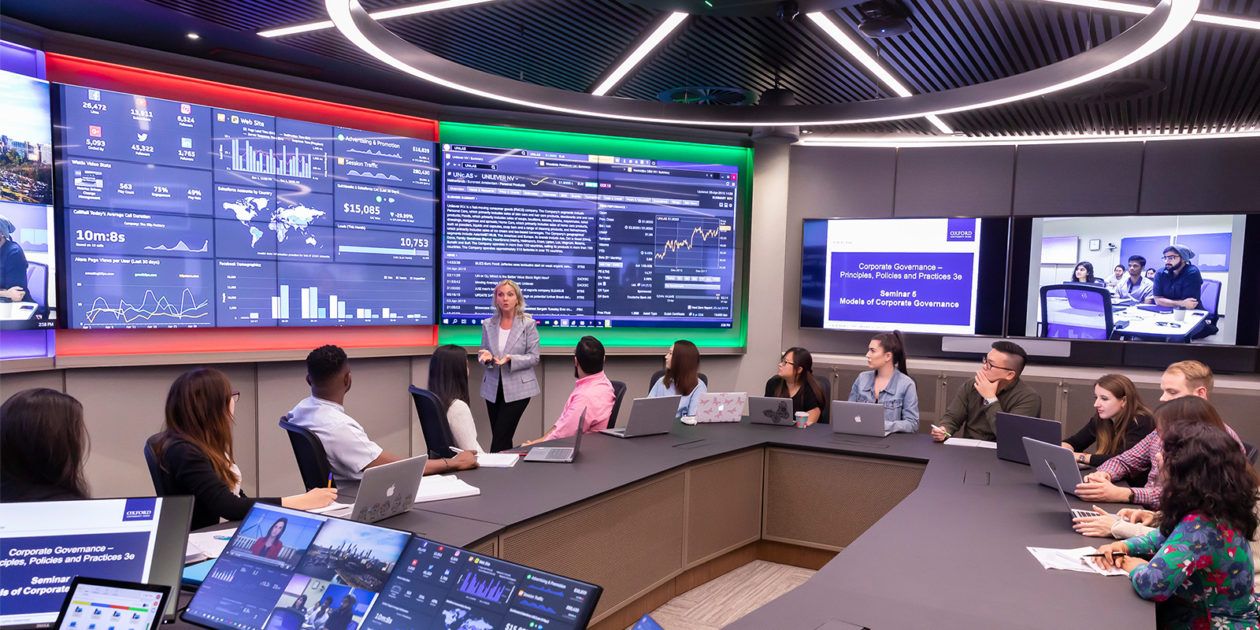Overview
Overview
Curtin’s Bachelor of Laws offers a rich and professionally relevant coverage of foundational areas of legal knowledge as well as developing the core skills essential to effective legal practice. It will give you a professional legal qualification allowing you admission to practise as a lawyer, including the giving of legal advice and appearing in court. It will also give you a strong commercial awareness and the opportunity to focus on industry.
This course is strongly commercially focused and has an emphasis on industry connectedness and innovative teaching, with students being exposed from early in their studies to the culture, community and ethics of legal practice. In their second and third years of study, students will study in trimesters, enabling them to complete 300 credits in each year. Overall, students can complete the equivalent of 4 years of academic study in three calendar years.
Students will gain practical legal experience at our state of the art city campus at 57 Murray Street, complete with digital moot court and John Curtin Law Clinic, near the District Court and in the heart of Perth’s legal precinct. The course can only be completed internally.
How this course will make you industry ready
fy
What jobs can the Accounting Double Degree Major (LLB/BCom) course lead to?
- Lawyer
- Criminal, Family, Human Rights or Mining Lawyer
- In-house Counsel
- Financial Dealer and Broker
- Barrister
- Solicitor
- Accountant (General)
- Marketing Officer
- Business Systems Analyst
- Industrial Relations Officer
- Management Consultant
- Valuer
- Economist
- Advertising Account Executive
What you'll learn
- apply principles of accounting, economics, information systems, statistic, law and behavioural science as they relate to reporting business activity
- critically analyse issues in collection, recording and reporting of economic activity. develop accounting information systems giving cost effective decision useful information
- locate, extract and critically appraise decision useful information related to economic activity from sources within an organisation and from external sources
- relate the significance of commercial events and issues to the business and investing community using effectively structured financial communication and appropriate language
- use electronic resources to effectively interrogate databases, analyse data, collect information and communicate
- making use of feedback as appropriate; take responsibility for self-directed learning and the development of a career long attitude of continuing professional development
- recognise the global nature of accounting by applying international financial reporting standards and appreciate the information requirements of a global financial system
- demonstrate an understanding that cultural practices and differences impact commercial practices and interpersonal relations
- apply an ethical approach to analysing and reporting commercial activities, advising clients, demonstrate leadership and the ability to delegate tasks to ensure timely outcomes. Work independently to achieve agreed outcomes
